“Transcendence” and “After”
On the other side of life
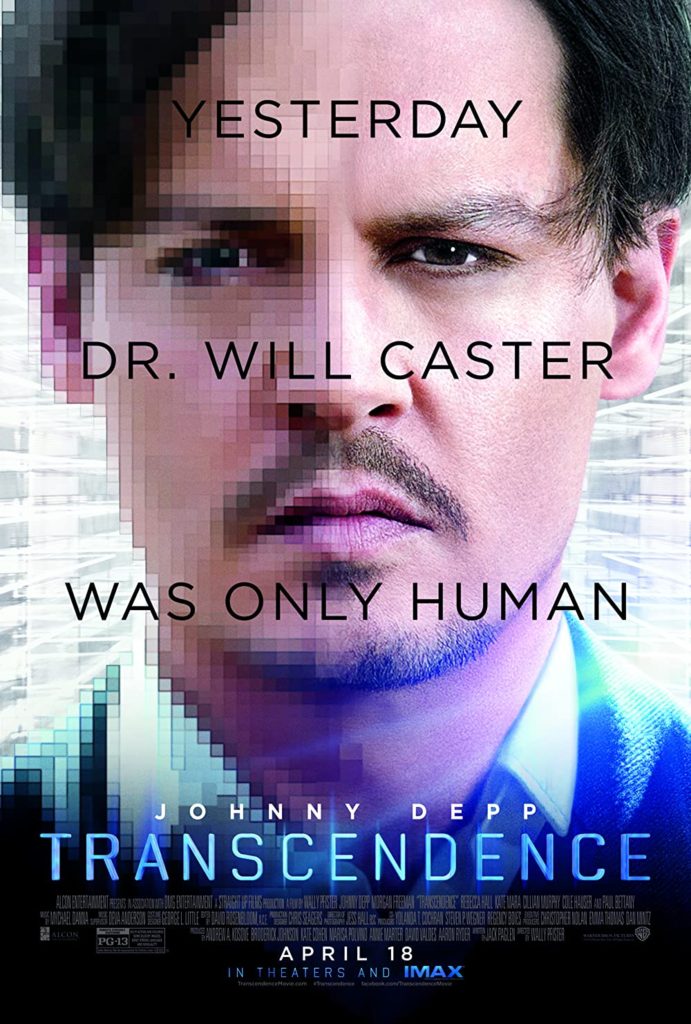
My readers may have noticed that I’m not a big fan of blockbusters. On the other hand, I like quality films, even if they couldn’t stay on the commercial circuit. Among these, two movies caught my attention, precisely for escaping from the traditional, the fiction “Transcendence” (USA, 2014) and “After” (USA, 2011).
“Transcendence” shows the world in the near future, where artificial intelligence is as praised as it is fought. The greatest exponents in the field are scientists Will Caster (Johnny Depp), his wife Evelyn (Rebecca Hall) and his best friend Max Waters (Paul Bettany). Caster intends to create an autonomous artificial intelligence, while the woman dreams of a perfect world.
But their dreams are undone when a member of an extremist group, contrary to the research, shoots Will. Although the wound was not very deep, the projectile was contaminated with radioactive material that soon spreads through the scientist’s organism. The prognosis is bleak, leaving him just over a month of life.
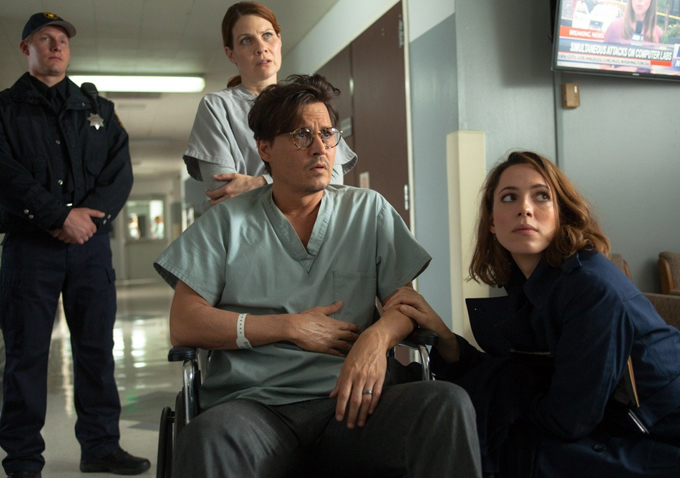
Desperate, Evelyn decides to do the most daring thing she can: preserve the memories of her husband, using for this the powerful computer of his research to create an artificial intelligence from a human mind. With great effort, she convinces Max to help her, although he does not believe this is possible. Running out of time, they manage to record as much of Will’s thoughts and brain responses as possible until he succumbs to the disease.
Meanwhile, the terrorist group continues to act, especially when they suspect Evelyn’s plans. The new intelligence begins to work, much to Evelyn’s delight and the distrust of Max, who abandons the project, and is soon kidnaped by the extremist group.
Managing to escape before the terrorists’ attack, and reaching the internet, Will’s digital version makes money on the Stock Market, and creates a powerful research structure in a desert wilderness.
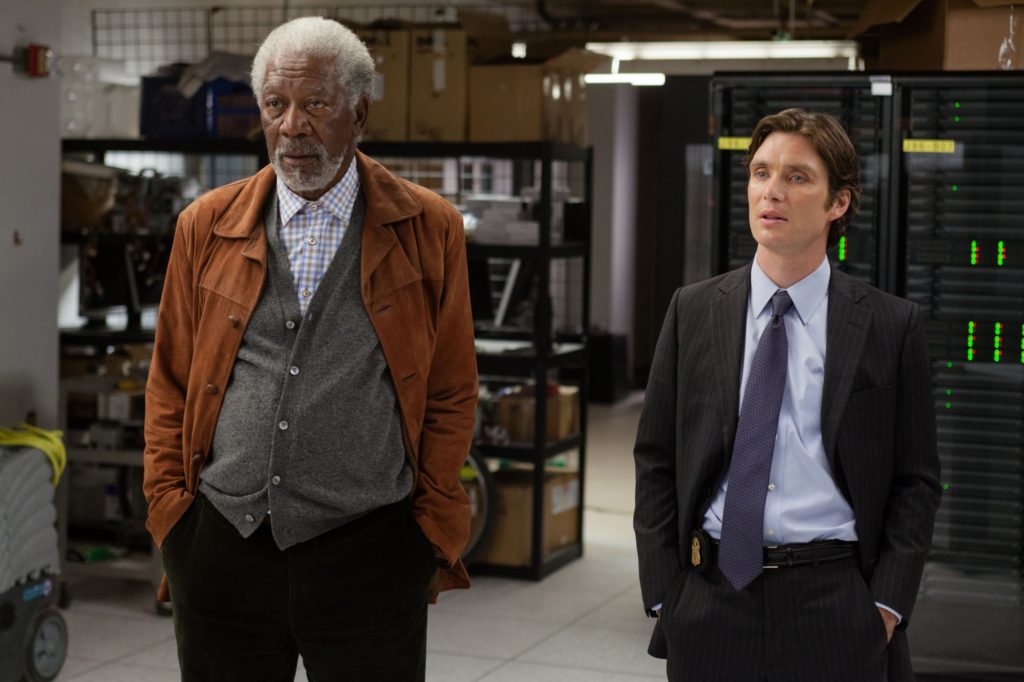
The new entity begins to scare everyone involved, both scientist Joseph Tagger (Morgan Freeman), one of Will’s mentors, and FBI agent Buchanan (Cillian Murphy), who are convinced by Max of the gravity of the situation. The situation becomes more curious when they find themselves forced to join forces with the extremist group commanded by Bree (Kate Mara) to combat the unknown threat.
The film is interesting for raising the debate on the issue of artificial intelligence, and how far it can go. The extremists in the film consider it absurd that a machine can control the whole world. Personally, I don’t know what’s worse, a machine that seeks to take the world in a better direction, or to remain subject to ill-intentioned men and their ambitions.
Many more religious people stood with goosebumps with the similarities between the history of the film and some points of the New Testament, although there is no explicit reference. But the hero intends to create a better world, dies and resurrects, manages to heal the sick, has an unwavering ethic, and sacrifices himself in the end.
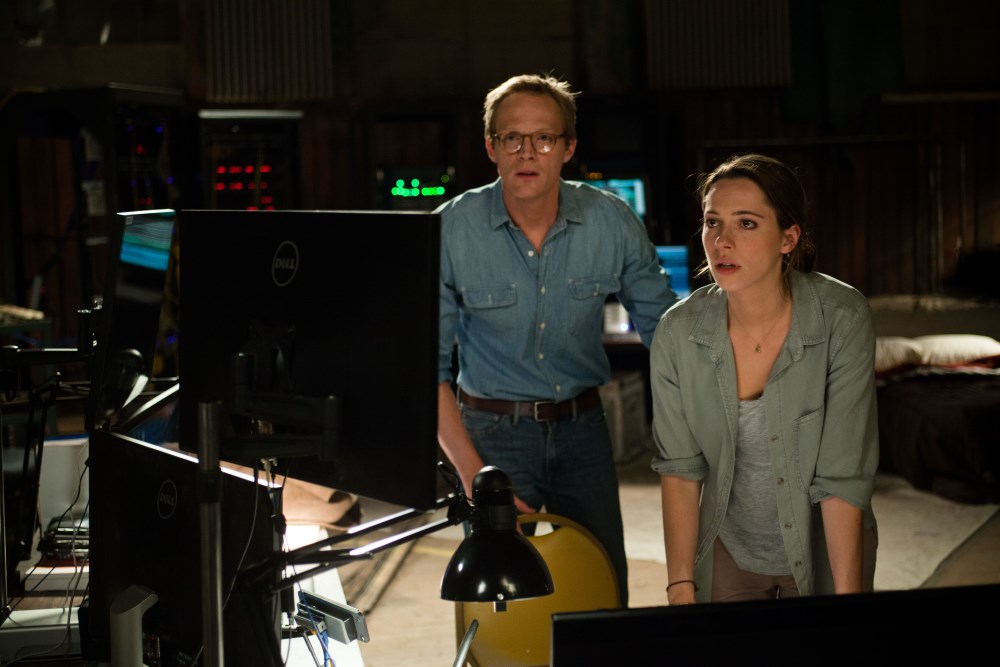
Well, as my teachers said at school, the interpretation is personal and is part of the test. I invite viewers to form their own opinion.
“Transcendence – A Revolution” is available on the HBO MAX streaming service.
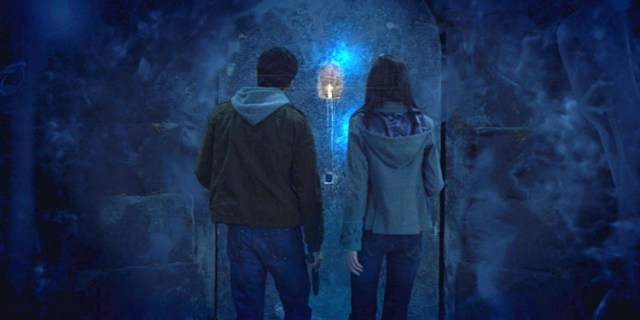
The second film under review, “After”, is different, but no less interesting. A young couple, the nurse Ana (Karolina Wydra) and projectionist Freddy (Steven Strait) meet on a bus and talk a little, discovering that they are neighbors, before a serious accident happens.
Ana wakes up at her house, frightened by being late for work, but when she arrives at the hospital, she finds out she’s alone. There’s not a single person there, not on the streets or in any house. The only place where there seems to be someone is exactly Freddy’s house, who is also surprised by the situation.
Trying to figure out what’s going on, they roam the city, and discover that a mysterious cloud of smoke is surrounding them. When trying to penetrate the smoke, they reach a door, which seems to be the exit to somewhere, but they do not have the key of it. To make matters worse, a monster begins to chase them.

Some moments they meet other people, but they are just memories of the past, which refer to the same day when their lives intersected, even if they had not realized it.
Scarier than the mysterious smoke or the cannibal monster was to realize that, in another dimension or parallel reality, they were in a coma, and about to have the devices turned off.
They then undertake a desperate quest to face their fears and traumas, so that they can return to the universe they call reality and save their own lives.
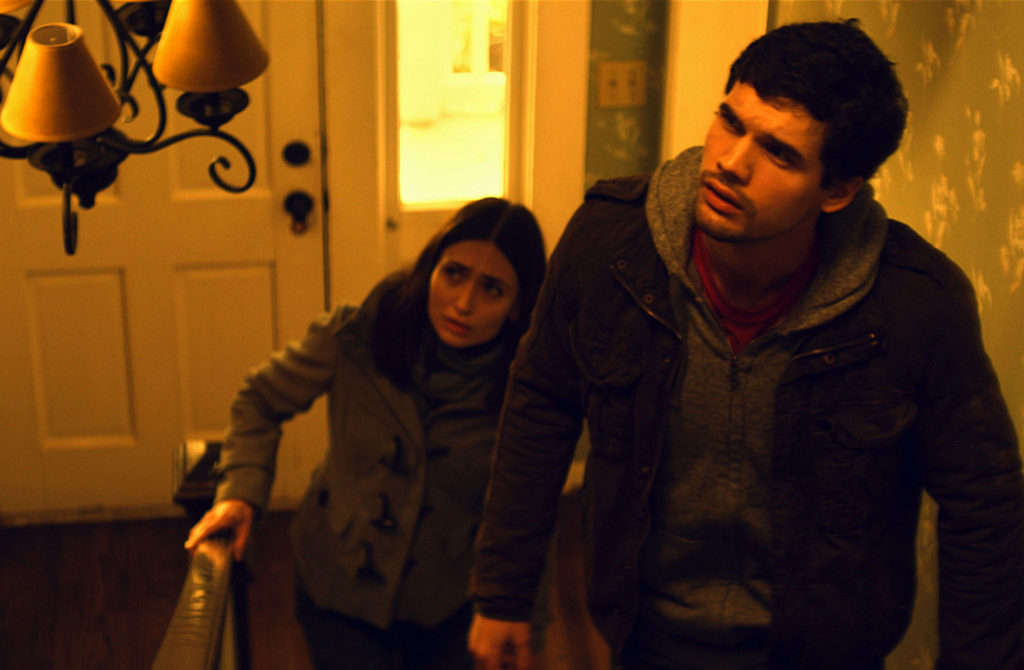
“After” is a simple production, with independent film format and unknown actors, but that brings a great deal of innovation and imagination, escaping the common place of films full of special effects.





